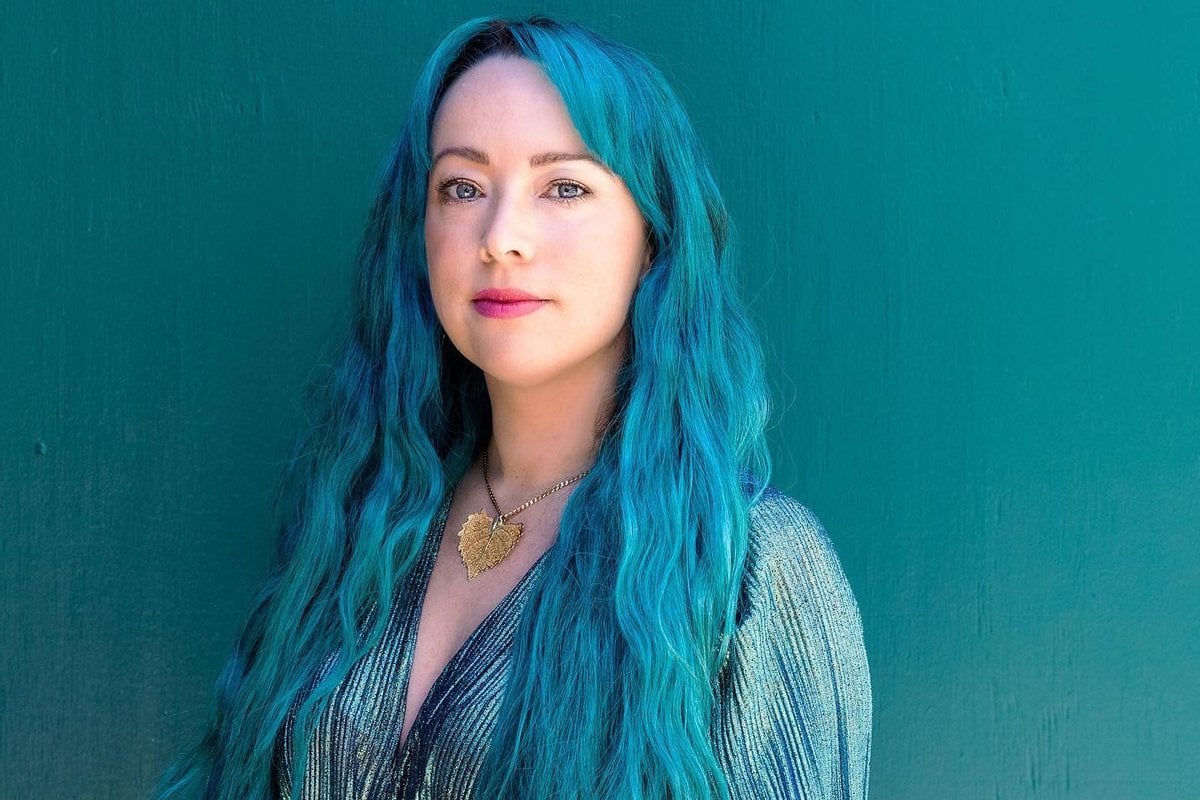
Content warning: This story includes graphic depictions of domestic violence and rape that may be distressing to some readers.
*names have been changed.
“It never gets easier seeing a woman speak out about abuse only to have her appearance, her personal choices, her decision to consume alcohol or stay out at night, amidst a myriad of other minute details, held up as a mirror for why she deserved it. It’s not easy for me or any other survivor out there – particularly, those who are still yet to speak up.”
“No. No, no, no.”
The words bubbled from deep inside, spilling out through my lips as I stared at the screen of my computer. Behind me, my friend stood in the hallway, her face wrinkled into concern as she asked, over and over, the same question; one that I just couldn’t quite answer.
What’s happening? What’s wrong?
I shook my head, unable to respond. Instead, I kept my eyes fixed to the article that had just loaded on my laptop; my body trembling as I read the headline.
Local Father Facing Jail for Domestic Violence Charges.
In what felt like a mammoth effort, I felt the words finally form in my mouth before tumbling out awkwardly. “I know him,” I say stiffly. “It’s him.”
As my friend drops onto the couch beside me, I scramble to find a credit card so that I can bypass the website’s paywall. My fingers shake violently and everything inside me feels off-kilter, causing me to type the wrong digits. Instantly, the page bounces. Once, twice, then a third time. Over and over this happens, the page reloading and refreshing as it asks me to complete a simple task: one that, right now, feels enormous.





























































































